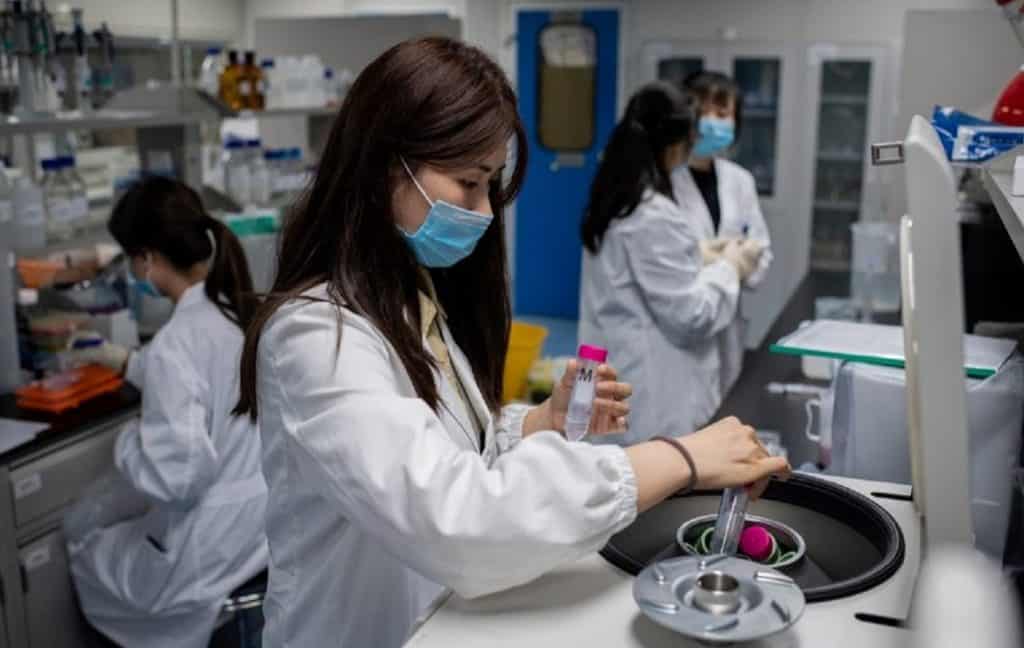Felipe A. Galvis Castro (Phd, professor of international law and human rights)
In Arrival (Denis Villeneuve’s film released in 2016), governments and the scientific community need to decipher a message, a question, which may represent a shared challenge, an existential threat or an opportunity for all humanity.

Officers from each country receive partial information, which makes sense only if it is shared and verified with that obtained by their peers from other nations. Despite the efforts of scientists, political distance and divisions between highly personalist governments lead to a breakdown of dialogue, which influences the chances of having a common commitment and a common solution to the question.
Global governance should be a means of solving these types of problems. In the absence of a global government, state agencies, international organizations and private actors of all kinds are articulated in networks to respond to shared challenges and find converging solutions. As Anne-Marie Slaughter has observed, global governance is presented as a less threatening and coercive, ideally more democratic and collaborative collective organizational effort.
The current state of the response to the Covid-19 pandemic reveals the extent, possibilities and limitations of this type of approach up to the 21st century. While the political leaders of some countries persist in old controversies, lightly attribute responsibility and insist on divisions, the scientific community is betting on cooperation, sharing existing information and joining efforts to answer the questions posed by this public health crisis.
As for the former, President Trump has raised his tone by announcing that the United States could give up any relationship with China, and its secretary of state, Mike Pompeo, accused the scientists of this country of causing the pandemic. Meanwhile several governments criticized China and WHO in the framework of its general assembly (an organization poorly funded because of the disinterest of the states themselves). As for the second, scientists work silently and together to try to understand the SARS-COV-2 virus, understand the syndrome it generates and find a vaccine from over 100 candidates. These efforts are starting to pay off earlier than imagined, to the point that human tests to identify a vaccine will begin in July.
Unfortunately, what happens at the highest political level has scientific consequences. Peter Daszak is one of the leading disease ecologists and keeps track of the origin of the viruses with his team, to the point of “hunting” them in the bat caves by taking samples. He is the president of Ecohealth Alliance, a project that addresses the origin of pandemics and has global benefits. Daszak has worked, among other things, with the Wuhan Institute of Virology for more than 15 years, in a dialogue that has transcended any geopolitical difference. Daszak complained a few weeks ago about the way the politicization of the pandemic, the spread of conspiracy theories and the accusations against China prevented greater access to information. He said that the Chinese authorities initially provided the rest of the scientific community with all available data on the initial SARS-VOC-2 epidemic, in the “fastest and most complete way possible”, but that attacks from the west had changed the condition. of dialogue.
Even recently, Daszak’s work has been more directly affected. Matt Gaetz, a Republican congressman who supports the Donald Trump government, irresponsibly stated on a national network that the Wuhan Institute of Virology caused the pandemic, adding that the US National Institute of Health. it has financed it with 3.4 million dollars since the Barack Obama administration. The true recipient of those resources has been the Daszak project. US media records that, in connection with this statement, the White House decided to eliminate any type of funds that go to that area. This determination, based on fake news and conspiracy theories, has had as a direct victim the Peter Daszak’s Ecohealth Alliance project and could affect worldwide research on pandemic prevention led by that initiative.
In the face of shared challenges, a global scientific dialogue is imperative. The pandemic’s policies should not threaten the possibility of responding collectively to this type of crisis. If the means of global governance are to have any success in this century, as has been insistently asserted since the 1990s, it is necessary to immunize the efforts of officials and scientists engaged in a global exchange, against the threat posed by political disputes and nationalist contests.
Author: Felipe A. Galvis Castro (Professor of constitutional law, legal research and international law – Universidad del Rosario – Colombia)
(The opinions expressed in this article are solely those of the author and do not necessarily reflect the views of World Geostrategic Insights)







